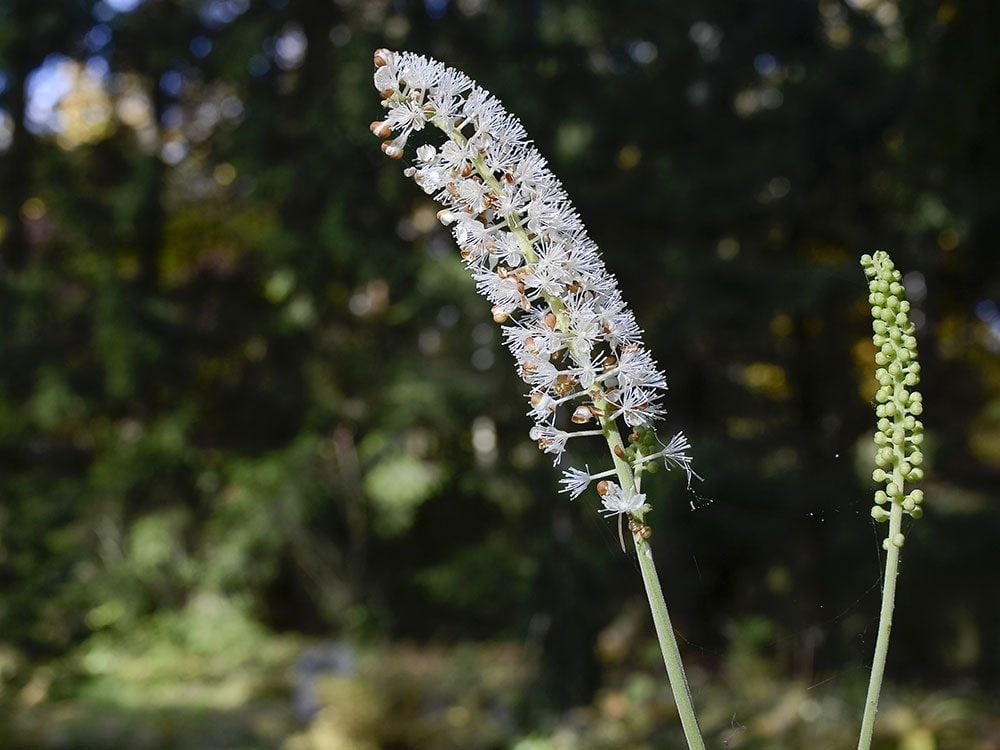
1. Black Cohosh for Hot Flashes
When it comes to natural treatments for menopause symptoms, black cohosh is probably the most studied—and most effective—herbal remedy. Almost all clinical studies on this herb use a standardized extract, either Remifemin or Klimadynon. Three out of four well-designed clinical trials found these remedies effective for treating hot flashes. They may even be appropriate for women who have had estrogen-sensitive breast cancer who can’t take hormone therapy. But be patient: it may take 6 to 8 weeks before you see full results.
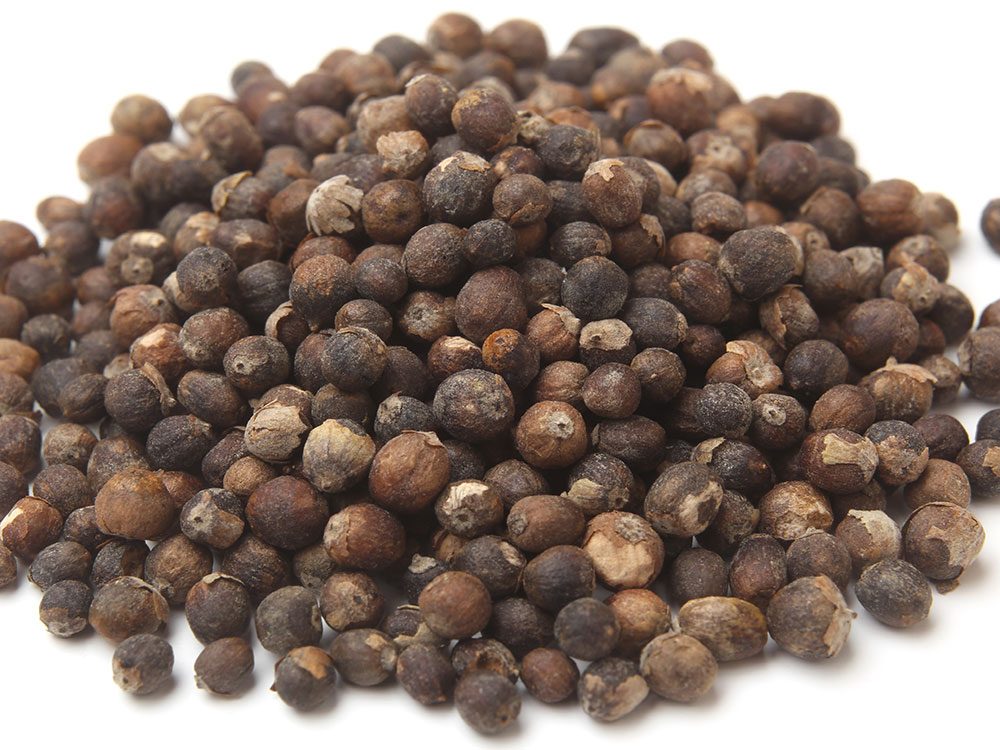
2. Chaste Tree Berry Extract for Irregular Periods
This herb helps regulate menstruation. Some patients say it also has a positive effect on their libido, while some studies suggest it may help relieve breast pain. Chaste tree berry is thought to work by increasing progesterone levels, which helps prevent the heavy menstrual cycles so common during menopause. There really are no good clinical studies on its use, but integrative practitioners have had years of positive results using it. This herb is also helpful if you develop PMS as part of your perimenopause. Preparations vary considerably, so follow the instructions on the package.
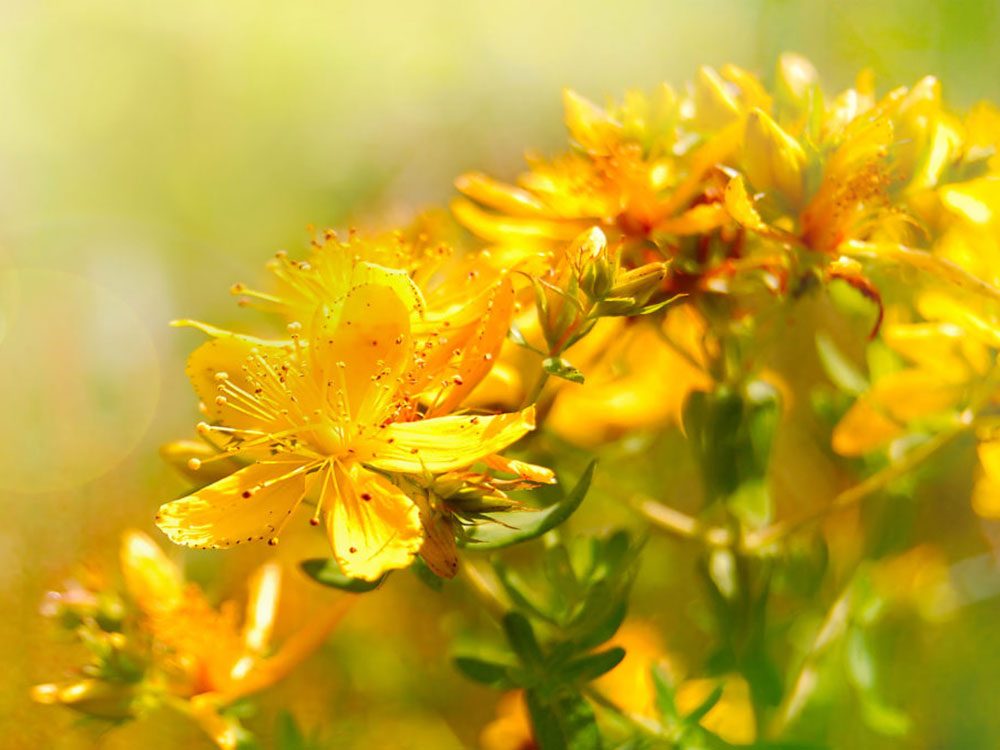
3. St. John’s Wort for Mood Swings and Mild Depression
Europeans consider St. John’s Wort to be a treatment for menopause as well as depression. Studies find its benefits are comparable to those of Prozac and older antidepressants for mild to moderate depression, common symptoms of menopause. Take 300 milligrams of a preparation standardized to 0.3 per cent hypericin and 2 to 5 per cent hyperforin (or hyperforin only) 3 times a day. If you take a product standardized to hyperforin only, take 10 to 15 milligrams 3 times daily. Caution: There are several herb/medicine interactions with St. John’s Wort. Check with your doctor first if you’re taking other drugs.
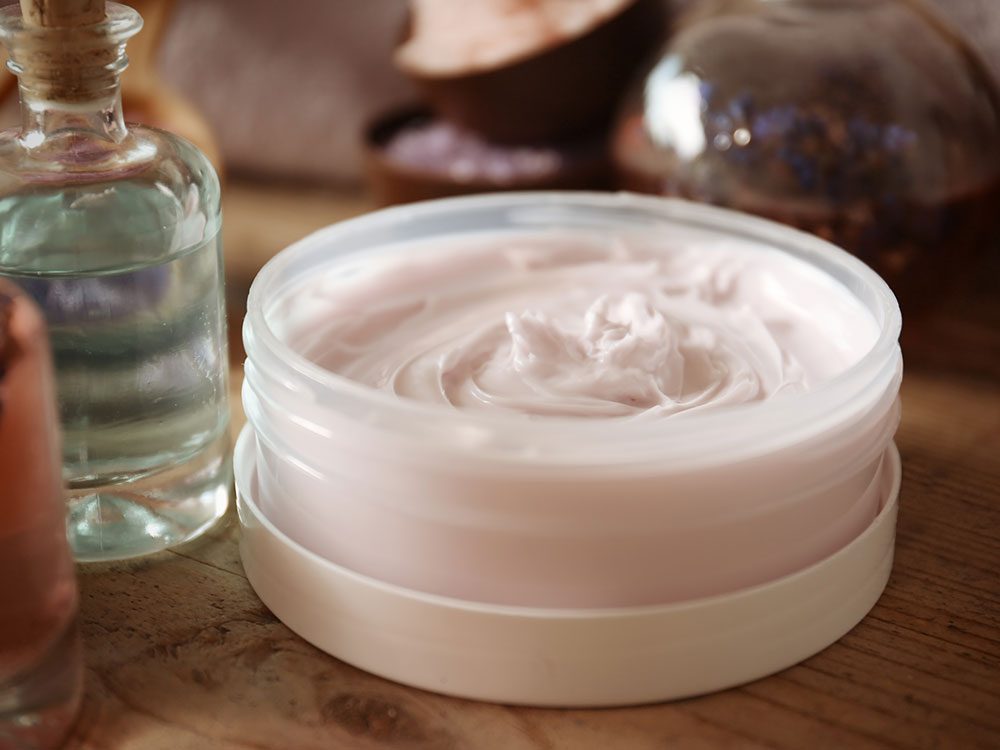
4. Wild Yam Cream for Dry Vaginal Tissue
Despite the hype, this cream does not contain progesterone and cannot be used during menopause as a replacement for progesterone. However, it is often used in herbal medicine to heal wounds, and can help with the irritation and pain that often results from vaginal dryness, protecting the vagina from tears.
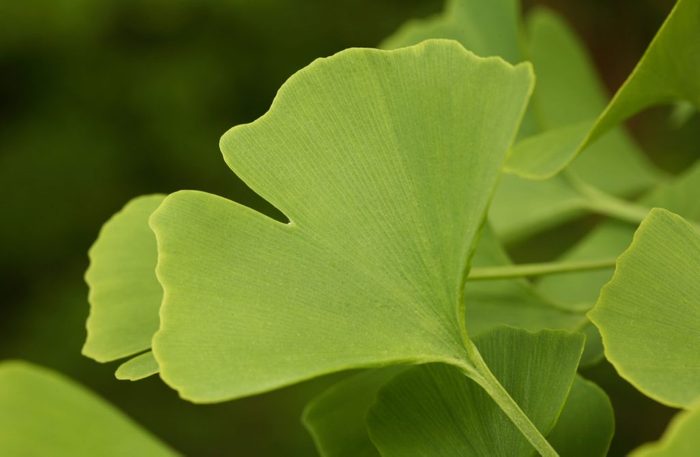
5. Ginkgo for Forgetfulness
Ginkgo is one of the best herbs to take at this time, as it appears to help mental functioning by improving blood flow and protecting blood vessels. Take 60 milligrams of standardized ginkgo extract once or twice a day.
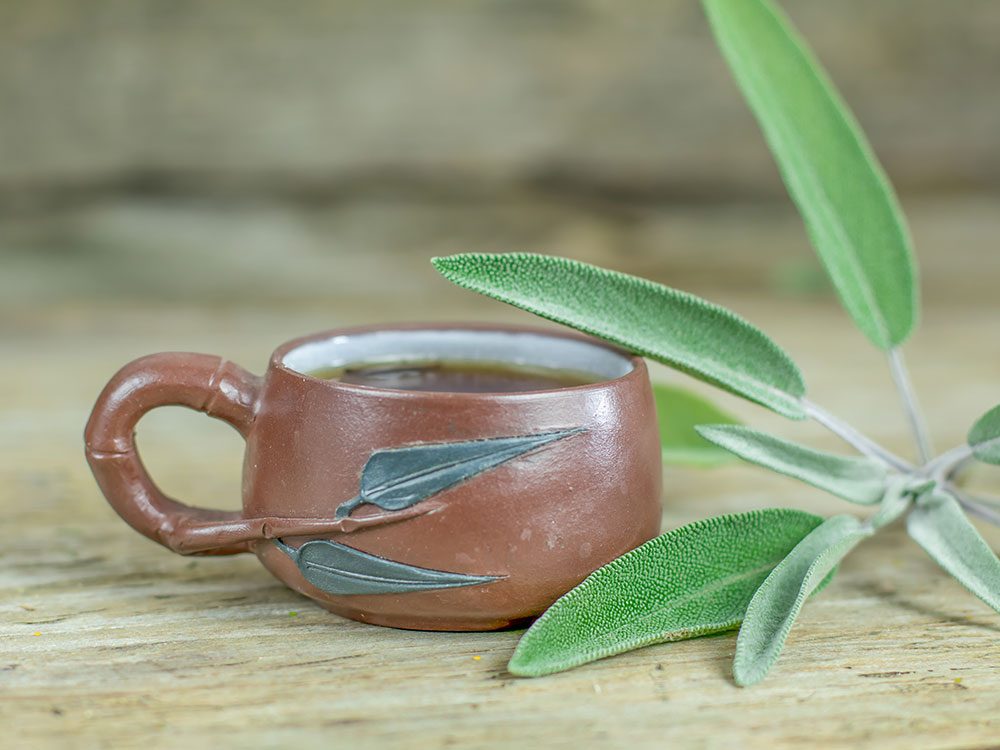
6. Sage Tea for Night Sweats
This is a traditional remedy that many women find helpful. Pour 8 ounces (225 millilitres) of boiling water over 2 to 3 teaspoons (5 to 10 milligrams) of the fresh herb and steep for 10 minutes. Strain and, if necessary, add a small amount of honey to taste. Sip one cup (250 millilitres) several times during the day, especially in the evenings, to help with nighttime flashes and sweats.